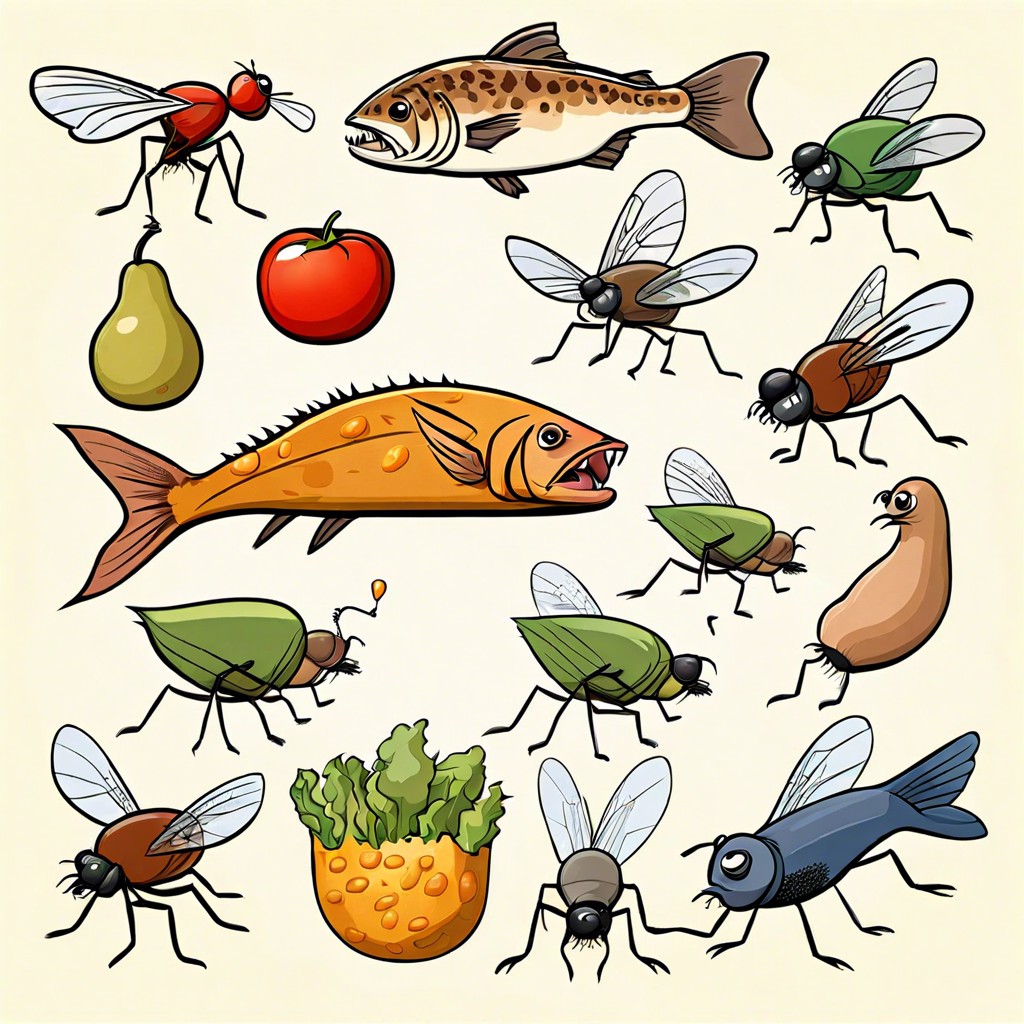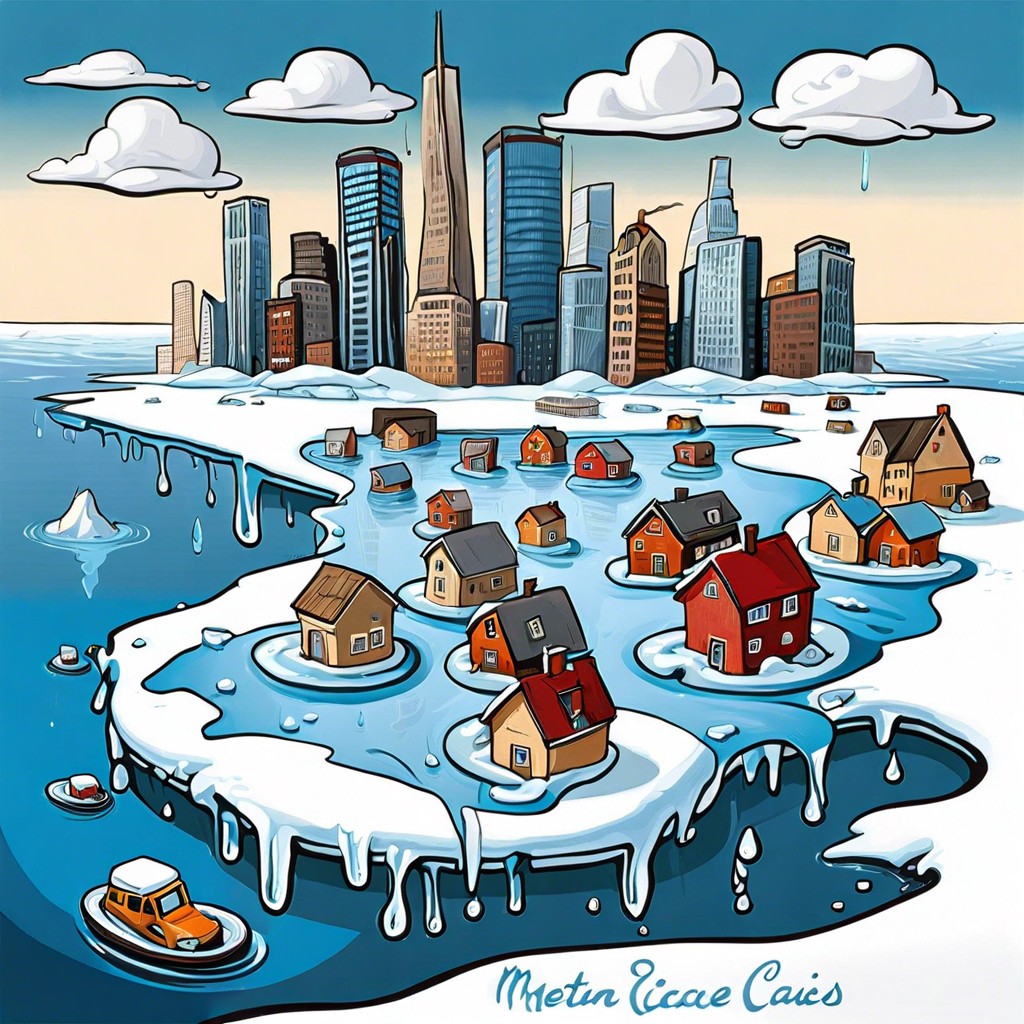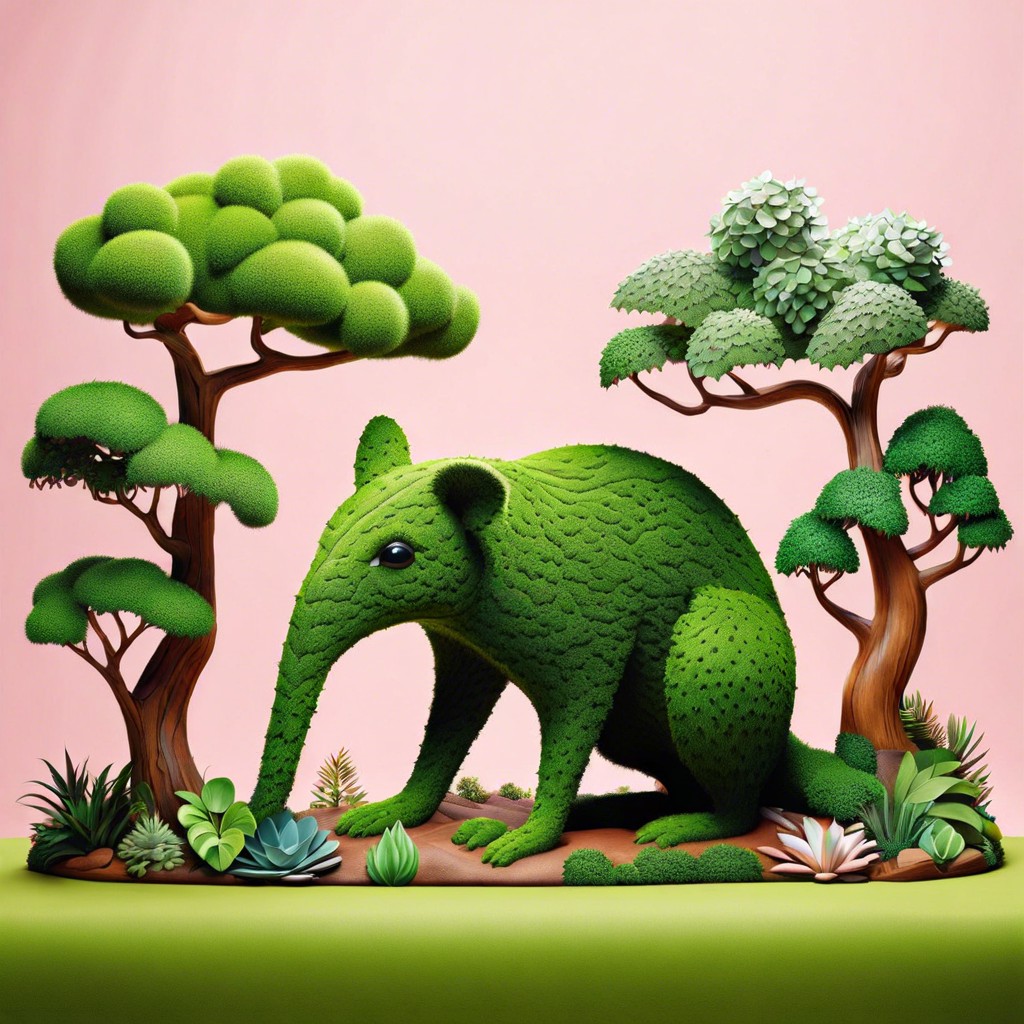Discover the surprising consequences and ecological impacts of a world without flies.
What if flies went extinct? Cue the collective sigh of relief—until you realize the monumental chaos that would ensue. Picture a world where decomposition stalls, waste piles up, certain crops wither without pollination, and the food chain does a messy somersault. Hold on tight as we delve into the ripple effects on our ecosystems, human health, and the surprising roles other insects might play in this buzzing catastrophe. Prepare for a wild ride!
Key takeaways:
- Animals reliant on flies would struggle.
- Trash would pile up without nature’s janitors.
- Plants reliant on fly pollination might suffer.
- Mosquito populations could soar sans fly competition.
- Substitutes for flies in ecosystems fall short.
Impact On the Food Chain

Many animals rely on flies as part of their diet. Birds, frogs, and even some small mammals find these buzzing critters quite the gourmet delight. Imagine a world without fly appetizers; we’d have a lot of hangry creatures!
Also, fly larvae, commonly known as maggots, are crucial for many species. They provide a rich source of protein. No maggots? Some of our animal friends could face a serious food shortage.
Finally, when flies disappear, it’s not just the direct consumers that suffer. Predators that eat those consumers would face the knock-on effects. A ripple turned tidal wave. And suddenly, your backyard looks less like a vibrant ecosystem and more like a depressing episode of a dystopian nature documentary.
Effects On Decomposition and Waste Management
Without flies, say goodbye to nature’s janitors. These little critters play a massive role in breaking down organic matter. Dead plants and animals, food scraps, and other organic waste? Flies are on it, turning that stuff into nutrient-rich soil. No flies means trash piles up, decomposition slows, and nature’s recycling program gets seriously backed up.
Got maggots? Normally, yes. They’re the unsung heroes munching through rotting material, speeding up decay. No flies, no maggots. Suddenly, what used to disappear in days could linger, creating eyesores and smelly situations.
Plus, less decomposition equates to slower nutrient cycling in ecosystems. Plants, which rely on these nutrients, could suffer. Imagine forests and gardens looking a bit…well, hungrier. And let’s not forget: fewer flies means more leftovers for scavengers like rats. Who’s signing up for more rodents?
In short, without flies, we might end up wading through a lot more garbage. Not exactly the glamourous eco-friendly vibe we’re going for, right?
Consequences for Pollination
Flies aren’t just annoying buzzers; they’re surprisingly diligent matchmakers in the plant world. Many plants depend on these unsuspecting winged helpers to move pollen from one flower to another. Without flies, certain plants might struggle to reproduce, making romantic dinners for bees and other pollinators even more hectic. This lack of buzz could lead to fewer fruits and veggies, which spells bad news for our gourmet lifestyles.
Some plants are so picky that only flies can coax them into blooming. Imagine a world where chocolate or coffee might become scarce. Gasp! And remember, flies are reliable; they work tirelessly all day, never taking a coffee break themselves. No flies, no pollination variety, and definitely no extra time for bees to pick up the slack. Kinda makes you appreciate those tiny little pests a whole lot more, right?
Potential Human Health Implications
Surprisingly, the disappearance of flies could lead to some seriously itchy consequences. Mosquitoes, flies’ less charming relatives, might throw a never-ending rave in our backyards without competition for breeding and feeding grounds.
What’s more, flies play a role in controlling the population of other pests. Without flies, these pests might multiply unchecked, possibly spreading diseases more effectively.
Now, let’s talk about pest control costs. Without flies, pest control might become the next big industry boom, with skyrocketing demand and sky-high prices. Imagine having to budget for monthly pest control services! That’s not exactly a pretty picture.
In summary, a fly-free world might sound appealing at first glance, but digging deeper reveals an intricate web of consequences that could be less than delightful.
Alternative Roles Played By Other Insects
Other insects could step in to fill the void left by flies, but it’s a bit like asking a llama to do a cheetah’s job. Sure, they might give it a go, but it won’t be the same.
Take beetles, for instance. Some species are already quite the garbage disposals, merrily munching away on decaying plant matter. But when it comes to swift decomposition of animal remains, they’re not quite as efficient as flies.
Bees and butterflies could lend a wing in pollination duties. They’re excellent pollinators, often more so than flies. However, their usual areas of expertise might not cover the niches flies occupy.
Then there are ants. Industrious little critters, they do a fair bit of cleaning up. Yet, they lack the aerial finesse and omnipresence of flies, making them a somewhat clunkier substitute.
So, while nature has a knack for balance, the absence of flies would leave some sizable shoes — or tiny, tiny wingholes— to fill.




